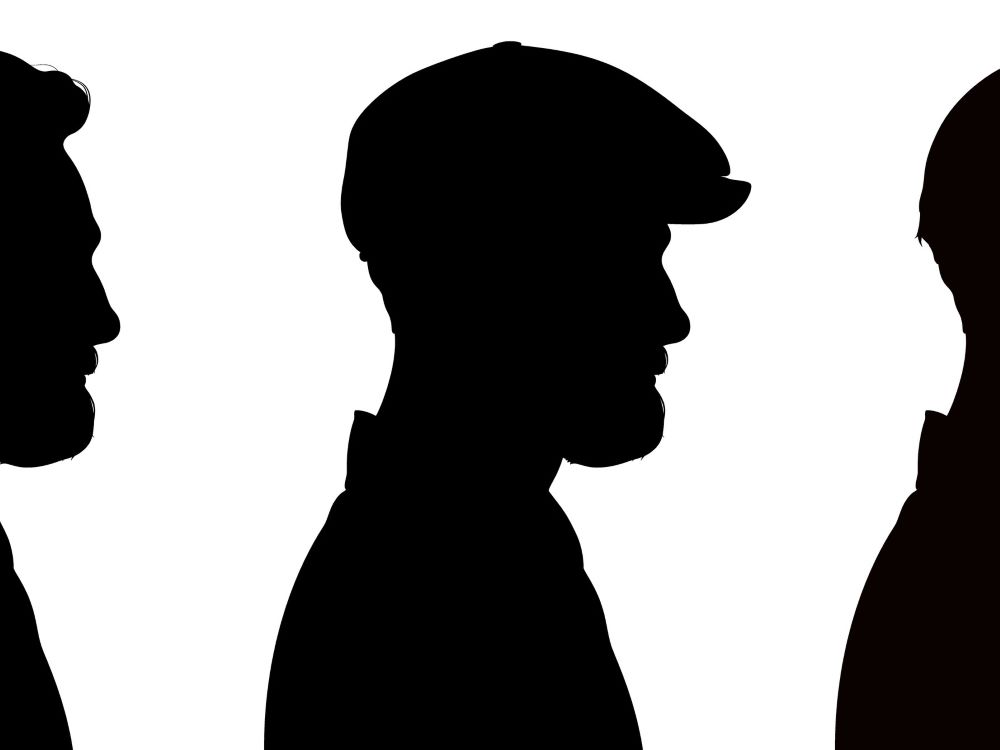Protesters in Winnipeg recently took to the streets to demand accountability after police shot and killed a 19-year-old Black university student on New Year’s Eve. Afolabi Opaso was an undergraduate student from Nigeria studying economics at the University of Manitoba.
Police officers responding to a well-being call say the young man was holding two knives. Opaso was shot and later died of his injuries. A lawyer for his family said that he was dealing with a mental health crisis and was not a threat to anyone. Manitoba’s police watchdog has transferred the investigation to Alberta.
This tragic death highlights once more the potentially fatal dangers Black men face from police. Research has shown how police-involved deaths are on the rise in Canada, and that Black and Indigenous people are more likely than others to be killed by police.
The incident also shines a light on the mental health concerns among Black men, which too often go unnoticed and unaddressed. There seems to be a lack of urgency to address the mental health concerns of Black men in Canada, which can result in horrifying and deadly encounters with police.
Discussing mental health concerns is important, but we should avoid seeing them as a monolith. Specific mental health concerns can impact a person’s physical and emotional well-being differently, but also their ability to recover and rehabilitate.
Although challenges with mental health can impact anyone, we must recognize that dealing with specific mental health issues can be uniquely different, and recovery and treatment can vary between people.
Black men in predominantly white spaces continue to be viewed as threatening. As Black studies scholar Tommy Curry has said, Black men and boys are generally perceived by the police as threats because stereotypical narratives characterize them as criminals.
Post-colonial theorist Frantz Fanon famously argued in Black Skin, White Masks that Black men are seen as the symbol of sin and are firmly fixed in the image of the savage in the white colonial imagination.
Black men and boys in white colonial capitalist societies represent the Black problem. The reality for all Black people is that they experience consistent exposure to discrimination based on the colour of their skin. This type of discrimination impacts Black people’s ability to live free of structural barriers to employment, education, health care and housing.
If we fail to recognize the persistence of anti-Black racism’s impact on Black people, we will also fail to recognize how it can lead to traumatic experiences and spur mental health issues.
In my work with Black men across Canadian cities in community and academic programs and initiatives, I have realized that Black men and boys generally share a similar feeling of being disposable beings who are unappreciated and unable to be vulnerable to share their feelings publicly.
These feelings and negative stereotypical notions of Black masculinity can hinder Black men and boys’ ability to develop healthy perceptions of themselves and other Black men and boys.
Constantly dealing with anti-Black racism and gender biases can lead to psychopathology concerns, such as PTSD, depression and anxiety, all of which can lead to increased and risky substance use.
These symptoms — particularly depression — can be caused and exacerbated by over-policing. The constant pressures Black men and boys face from negative police encounters lead many to avoid police. In these moments, many of them experience depression and fear of being deemed a criminal because of the generally negative perception of men and boys.
Curry argues that Black boys are constantly suffering, anxious and fearful of dying young. This is because they are blamed for their own victimization due to the dangerous stereotypes tied to Black masculinity.
This means their suffering goes unnoticed and under-analyzed, and lacking critical engagement to recognize the concern plaguing their being.
The unfortunate reality among Black men and boys is because of the lack of theorizing and engagement. It is common to tie mental health concerns to them without recognizing the symptoms, such as anti-Black racism and gender biases. This lack of engagement leaves mental illnesses among Black men and boys unresolved and reoccurring.
Consequently, Black men and boys who are suffering from mental health concerns will more likely have negative encounters with police. They are commonly expected not to address their psychological concerns before police interactions.
Recognizing Black men’s suffering
There is rare attention drawn to the unique characterization of Black men’s mental and social struggles.
As a result of stereotyping and social ostracization, there has been a sustained misunderstanding and misconception of Black men and boys’ lived experiences. This has subsequently caused them to be denied the ability to access medical and culturally relevant professional assistance to address their trauma.
It is vital to foster a more inclusive dialogue on mental health issues, which focuses on providing support for Black men’s mental health concerns. Recognizing the unique obstacles Black men and boys face is the first step toward this engagement.
It requires an in-depth understanding of both the historical and contemporary institutional factors that perpetuate the gender stigmatization, social exclusion and anti-Black racism they continue to face.![]()
![]()
Read more: Health, Rights + Justice
















Tyee Commenting Guidelines
Comments that violate guidelines risk being deleted, and violations may result in a temporary or permanent user ban. Maintain the spirit of good conversation to stay in the discussion and be patient with moderators. Comments are reviewed regularly but not in real time.
Do:
Do not: